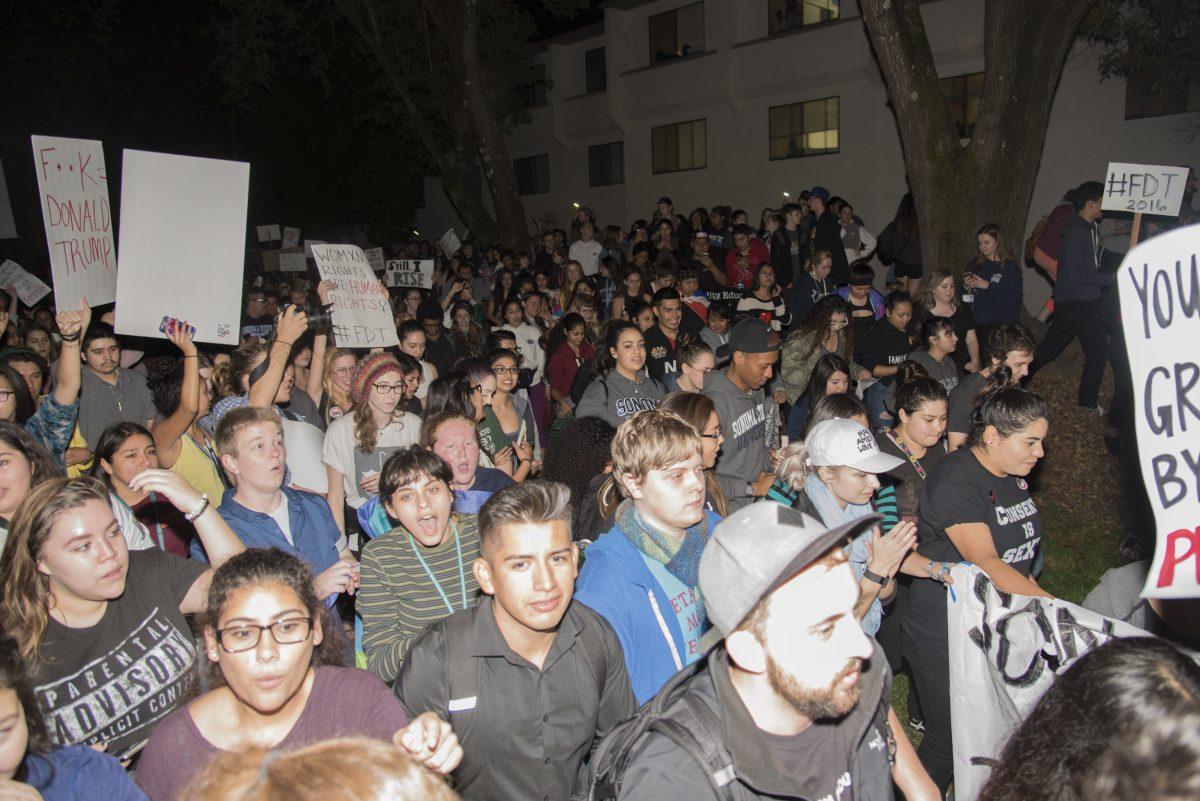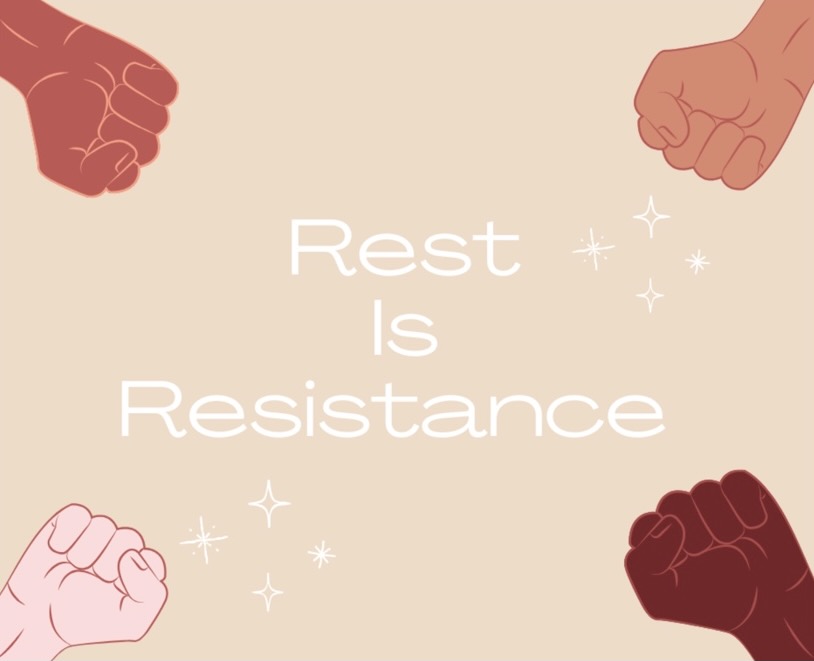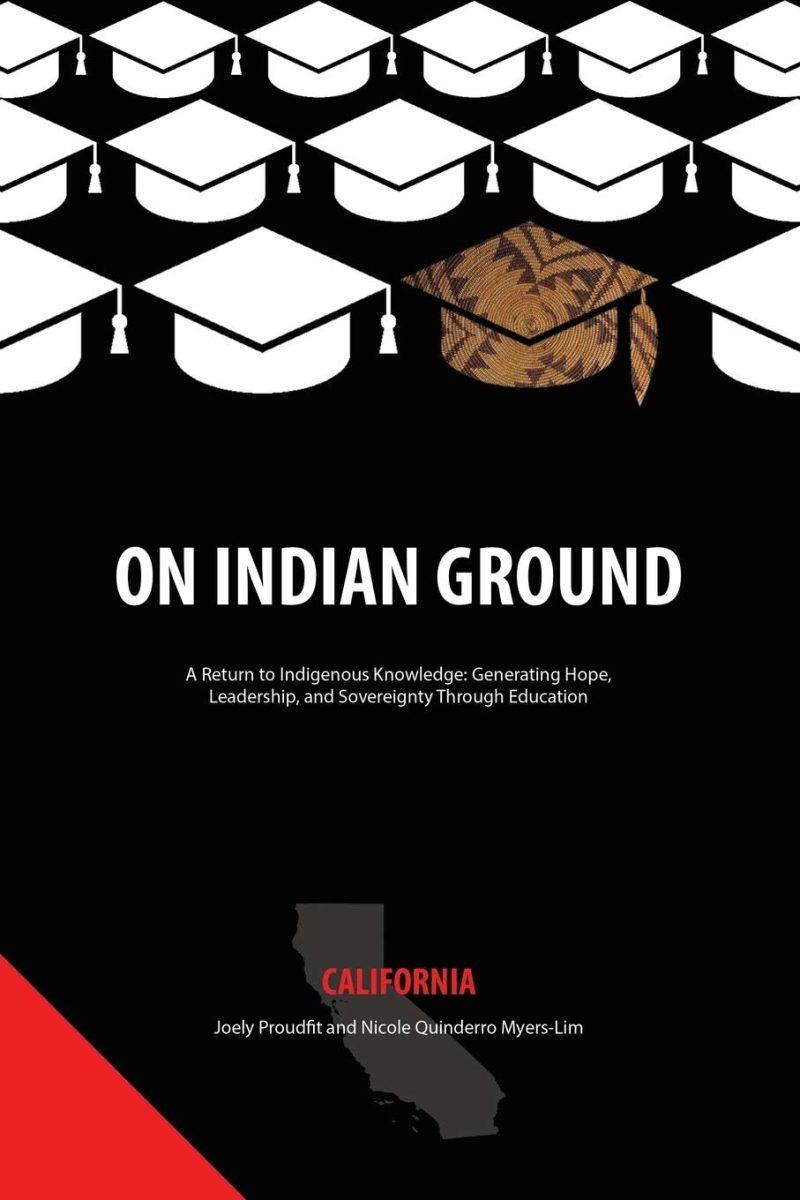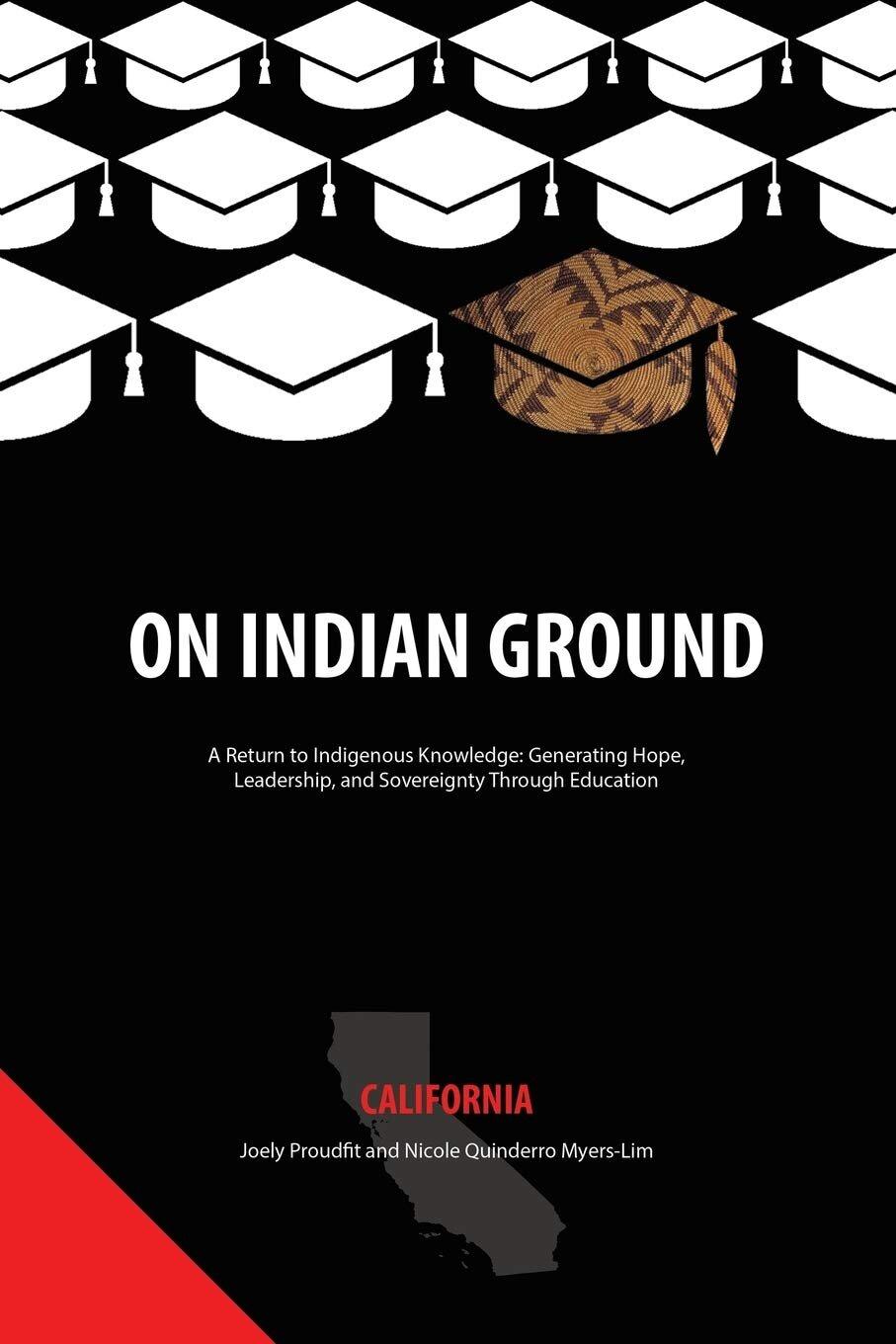The Native American and Indigenous Studies department of Sonoma State University is sponsoring several events this semester for their reading group.
Director of Native American Studies, Dr. Erica Tom, said, “The reading group is intended to hold space for an intellectual community centered in exploring Native American and Indigenous culture, history, literature, and more.”
The next meeting is in the HUB from 7-9 p.m. this Thursday, Feb. 27th. The HUB is located on the 2nd floor of the Student Center. Discussion will focus on topics from the book “On Indian Ground: A Return To Indigenous Knowledge: Generating Hope, Leadership, And Sovereignty Through Education–California”.
Tom explained what students can expect Thursday night. “The reading group is an open discussion, with participants directing the conversation. We begin by writing our questions (or noting passages that spoke to us) up on the board to share our thinking, and to engage the visual learners in attendance.” The group also votes on the reading selection for the upcoming meeting, currently scheduled for Tuesday, March 10th.
Thursday’s book, as described in a review by Danielle Lansing on tribalcollegejournal.org, is “…the first book in a series dedicated to providing tangible examples of communities, schools, and programs that have enacted educational sovereignty.” This book focuses specifically on the history of indigenous people in California, and the impact that the mission and gold rush eras have had on the teaching of history in our schools.
Lansing goes on to express why this book is important. “Many times, those of us who endeavor to positively impact the trajectory of Indian education become so immersed in our own struggle, we forget that there are allies across the nation also fighting for educational sovereignty.”
Educational sovereignty has come to the forefront of indigenous groups in recent years, but people have been trying to explain the concept for over 20 years.
Luis Moll, in a keynote address at the 2002 Ethnography in Education Research Forum, said, “Educational sovereignty is a term inspired by the work of colleagues doing research in and with indigenous communities in the United States, addressing the need to challenge a long history of coercion and control in the education of English students. We use the term educational sovereignty to capture the need to challenge the arbitrary authority of the power structure to determine the essence of the educational experience…”
Native Americans are allowed to have their own school systems, since they are defined as sovereign nations within the boundaries of the United States, but, indigenous children can also attend public schools within their districts. According to the Department of the Interior’s website, the Sovereignty in Indian Education Enhancement Program “provides competitive funding to tribes and tribal education departments (TEDs) to promote tribal control and operation of BIE-funded schools on their Indian reservations.”
The National Congress of American Indians states, “Indian nations have a tremendous stake in an improved education system…There are approximately 644,000 American Indian and Alaska Native students in the US K-12 system, representing 1.2% of public school students nationally. Ninety percent of Native students attend public schools, while 8% attend schools administered by the Bureau of Indian Education (BIE).”
In addition, Rebecca Klein, in a Huffington Post article from 2014, said there are several reasons why education is a primary issue for Native American students, with one fact standing out. “When taken together, Native students in BIE schools and regular public schools are some of the lowest-performing students in the country,” Klein said.
She goes on to list five reasons for her claim that “The education system is failing students.” They have the lowest high school graduation rates in the country, ACT scores have declined substantially in recent years, they have less access to high-level high school courses and most are not proficient in reading or math by 8th grade.
The concept of educational sovereignty deals with the portrayal of indigenous people groups of all kinds within the bounds of the mainstream public education system across the country, not just Native Americans. Hispanic, Asian, black, and even Irish history in the U.S. has been either distorted or left out of history classes, down to the elementary school level.
Educational sovereignty is a movement that is striving to change the face of American history to reflect accuracy over tradition.
While inroads have been made in the last century with teaching black history in schools and attempting to change Columbus Day to Indigenous People’s Day, many immigrants and refugees from all over the world faced inequality and injustice under U.S. law for generations. Students may not learn about the internment of Japanese Americans, for example, until high school, and the plight of the Irish may not be discovered until college.
“On Indian Ground,” however, is specific to the California Native American demographic, and addresses issues impacting education for native students right here in Sonoma County.
More information about the reading group and other events associated with the Native American Minor Studies program can be found on the NAIS’s Instagram page: @ssunativeamericanstudies.



































